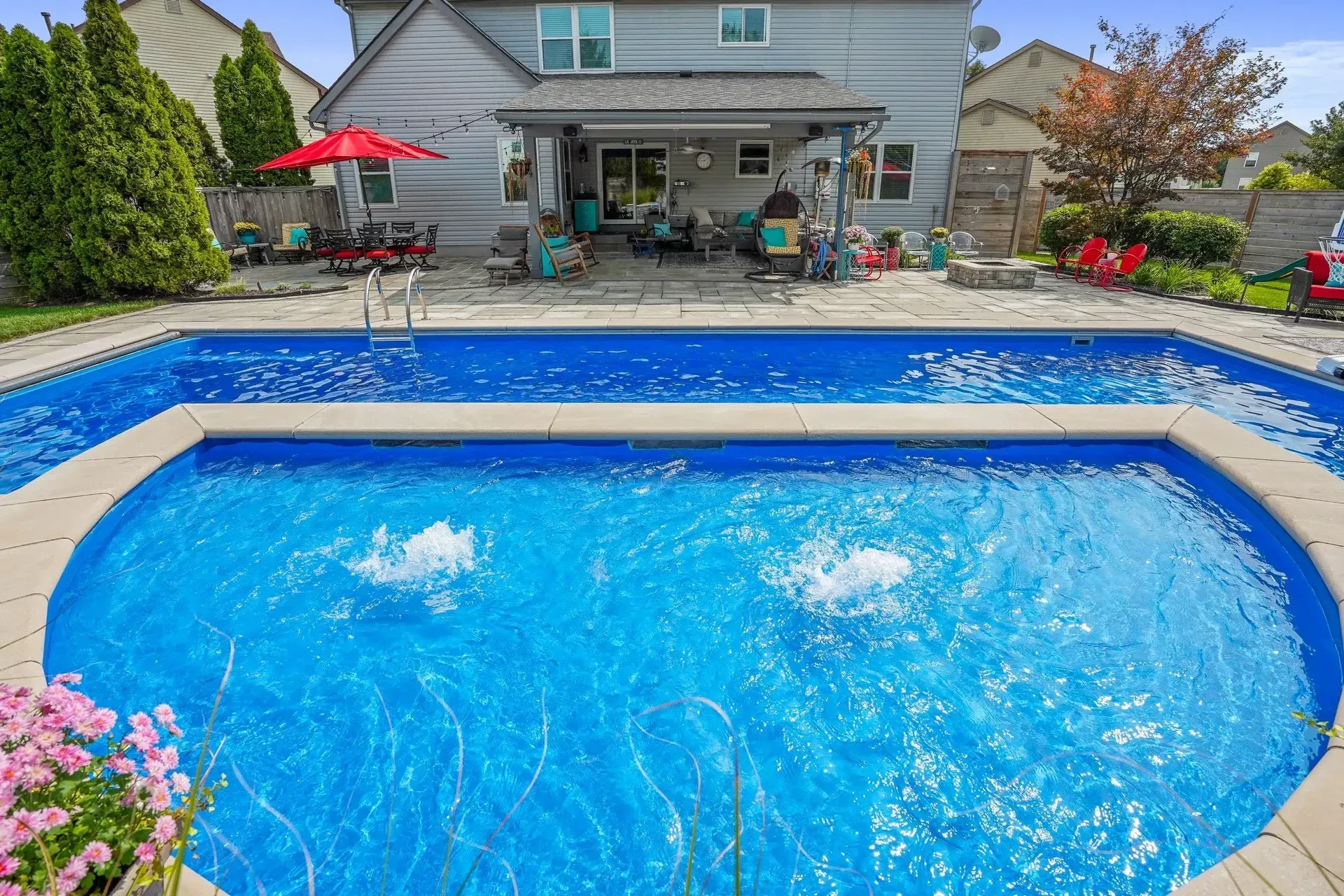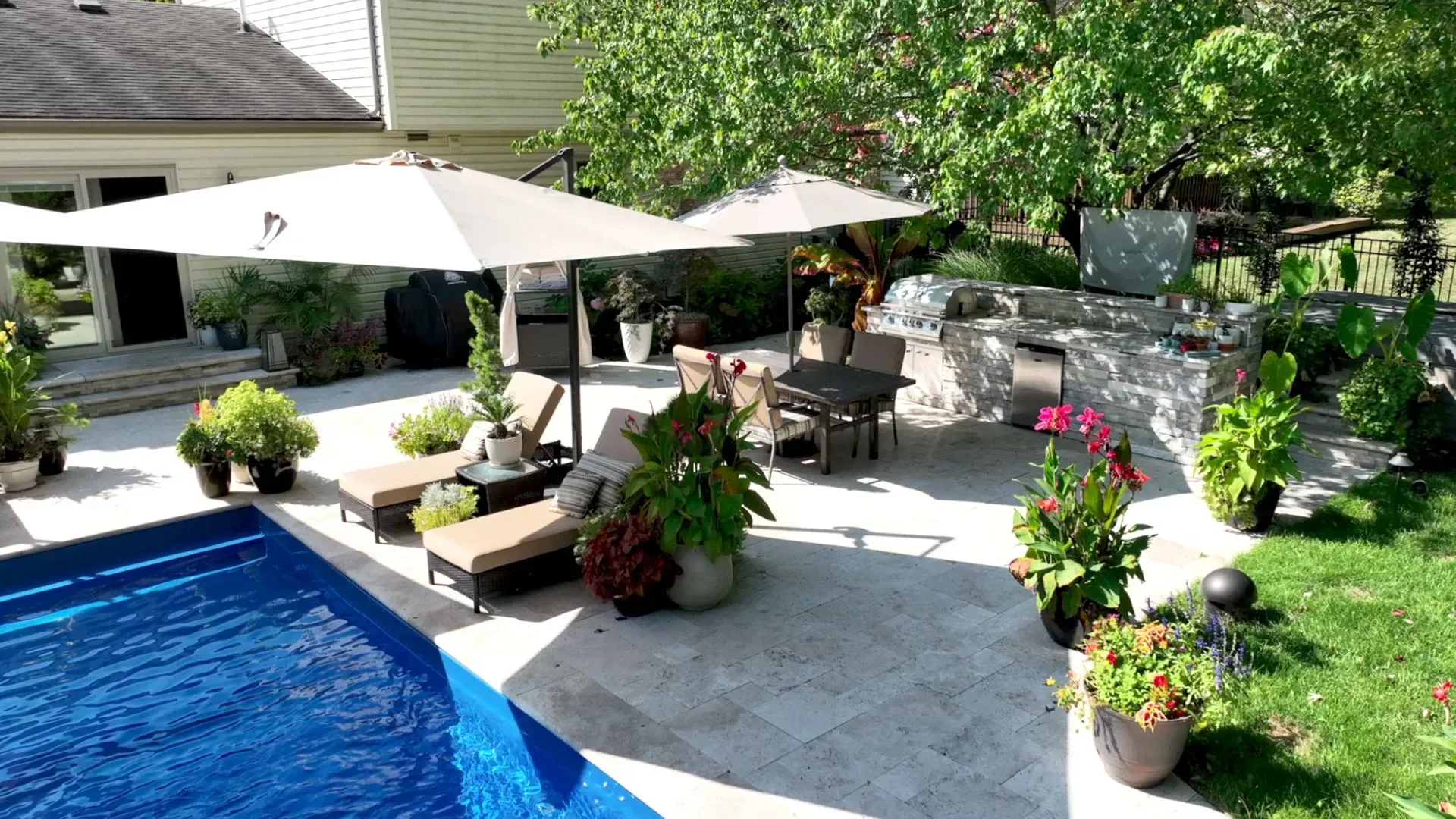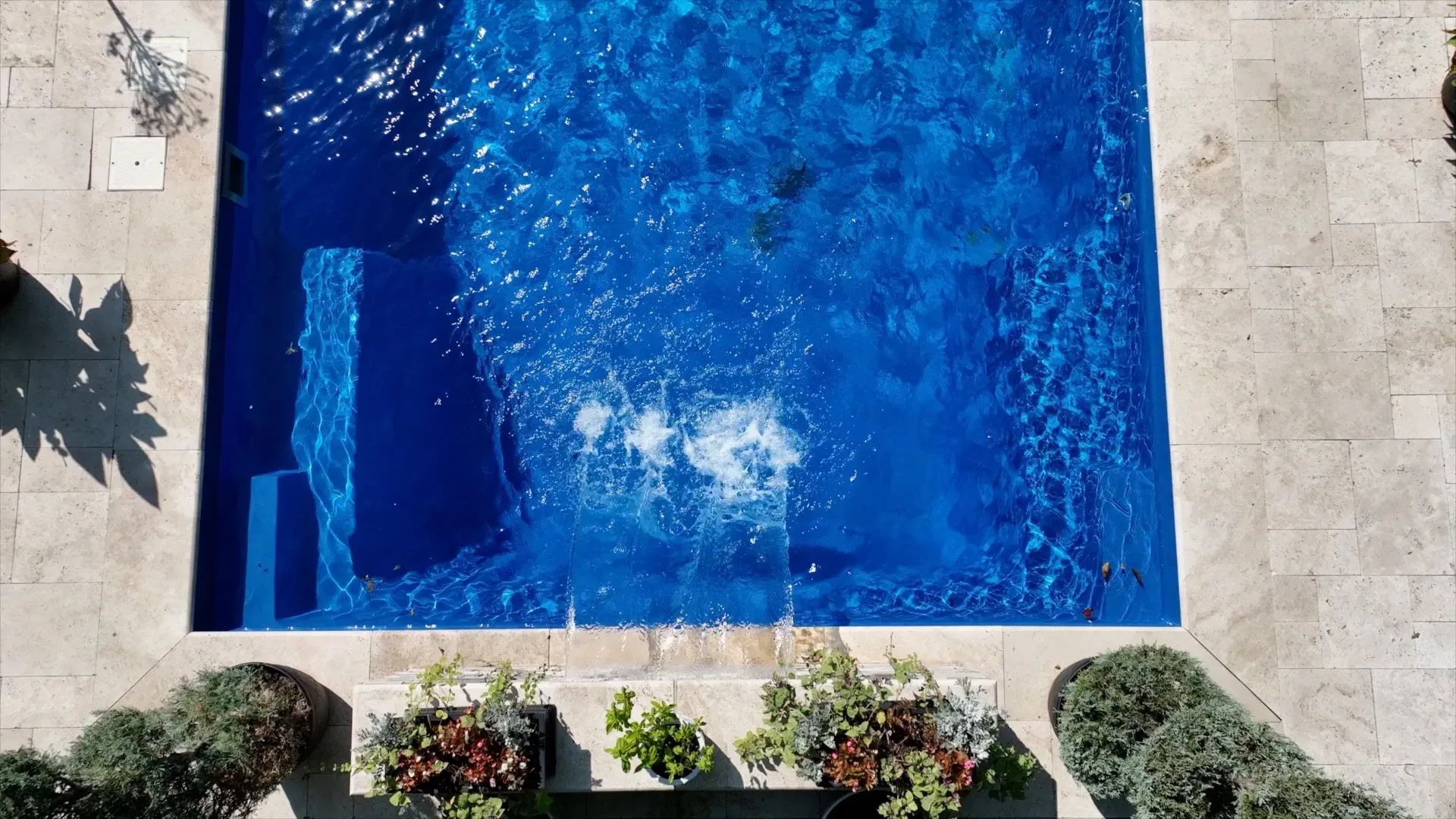Should You Hire a Swimming Pool Contractor or DIY?
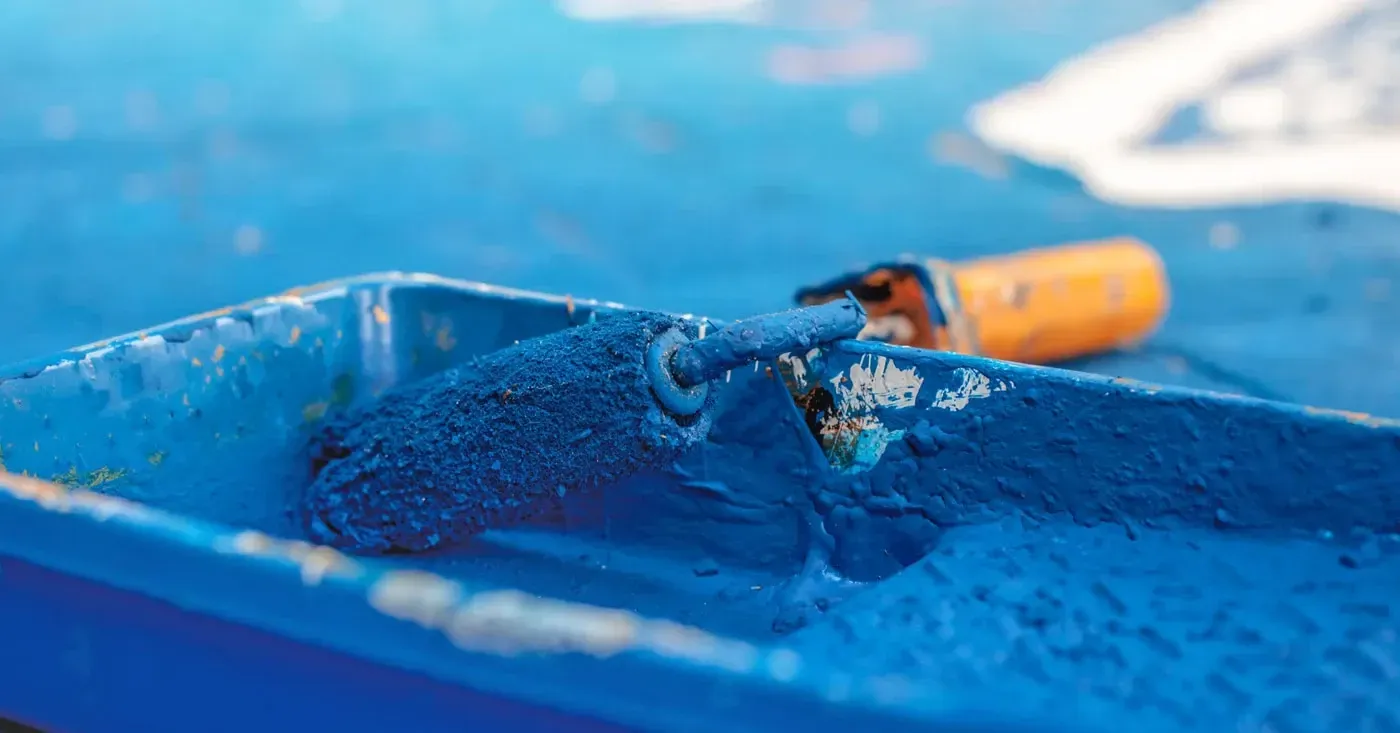
If you’re into do-it-yourself projects, you could be hoping to take care of your pool without the help of a professional. There are some things that you can do yourself, but for many situations, working with a professional swimming pool contractor is the better idea.
Getting Permits and Inspections for a New Swimming Pool
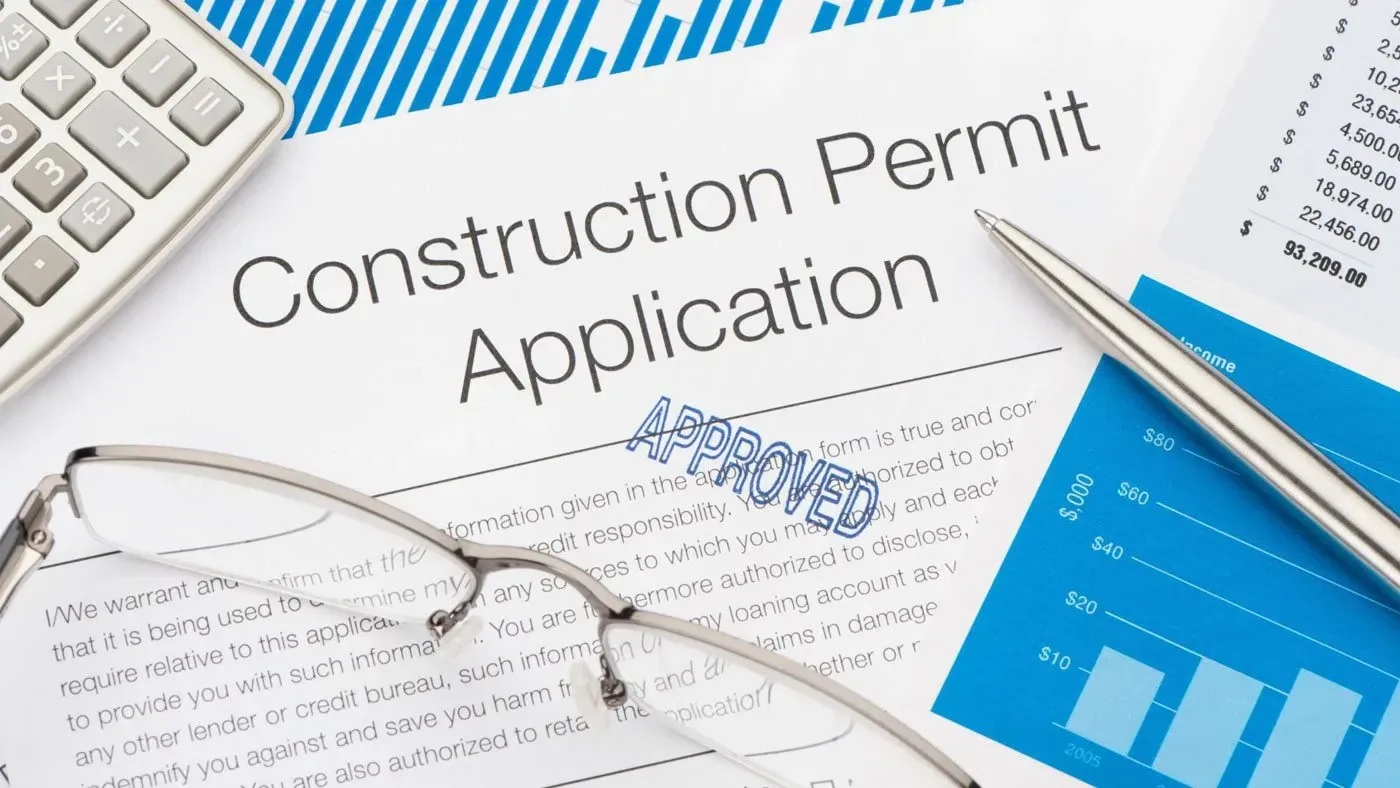
If you’re having a swimming pool installed soon, you’re going to need to go through the proper permit and inspection process. Allowing the installer who is putting in your pool to handle this process for you makes things much easier. Then, you can avoid making mistakes that might cause you to get denied for your permit or that might cause problems during the inspection process.
For those who have a little bit of extra time to spare and who want to save money, though, it is possible to apply for your own permits and inspections when installing a swimming pool. Someone from your local building code office should be able to provide you with more information about this process. If you do choose to apply for your own permits or make arrangements for the inspection, make sure that you take the time to do it right to avoid problems with getting approved for your permits and to avoid failing your inspection.
Installing Your New Pool
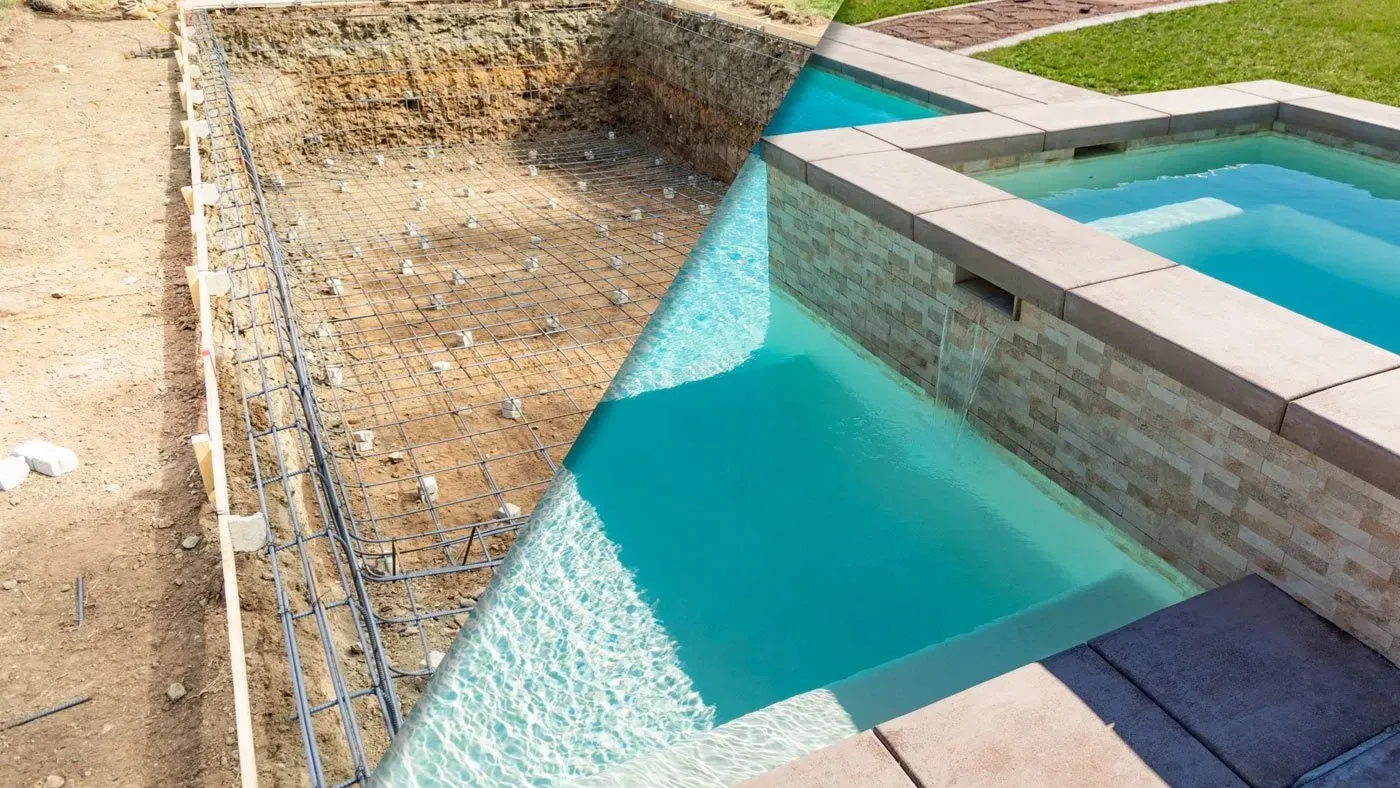
Installing your own pool is a huge project to undertake, and it’s something that is almost always best left to the professionals. Working with excavation equipment and installing the pool can take many hours of labor, and if you don’t do it properly, you could have serious problems with your swimming pool.
A professional will help you with each step of the process, from choosing the right type of pool — from fiberglass and vinyl to other options — to picking the area of your yard where you will install it. The professional installers will use the necessary excavation equipment and will carefully install your pool.
Adding Landscaping Around Your Pool
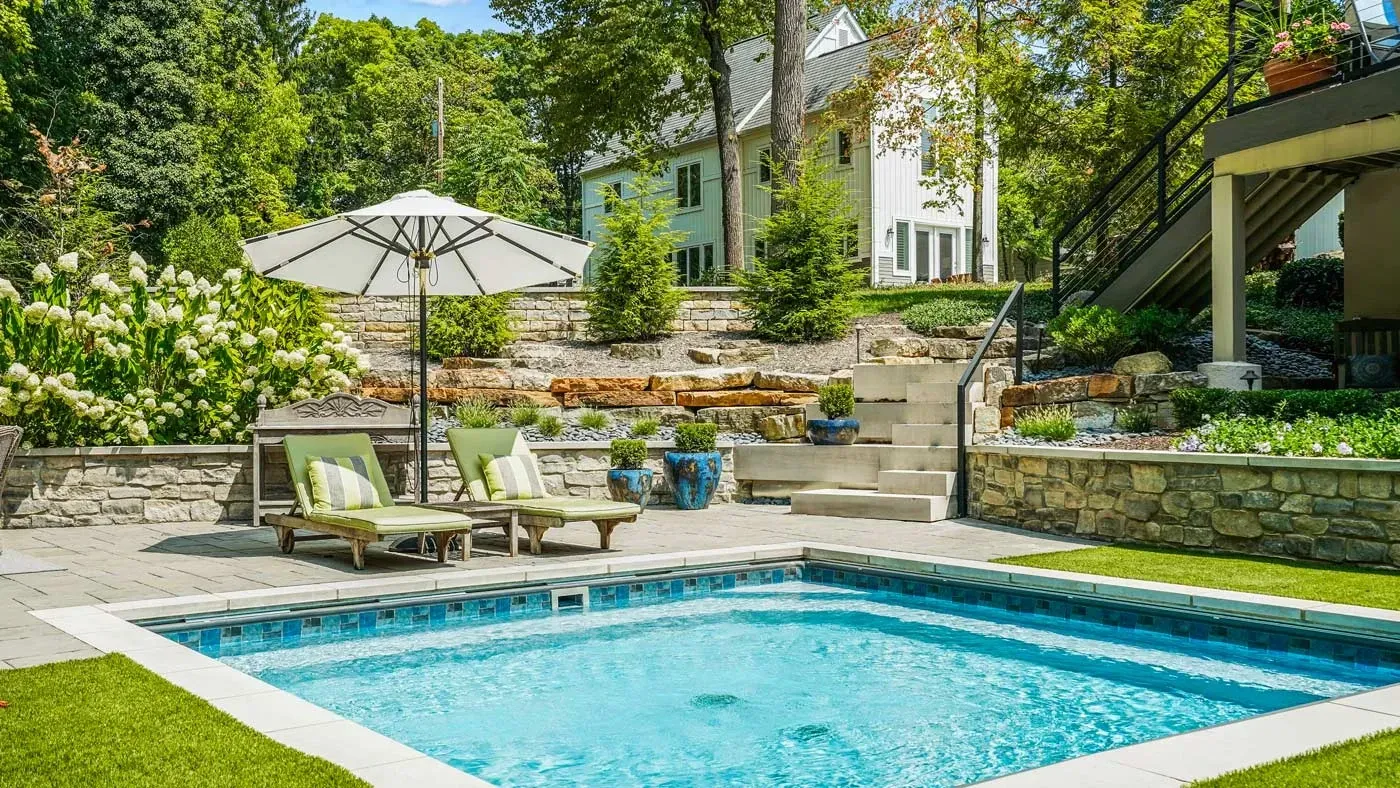
In addition to installing a pool, you may want to landscape the area around it. Adding the right trees, bushes and flowers can help you create a tropical oasis for you and your family to enjoy. Additionally, installing a pool fence around your pool will help you prevent anyone from getting into your pool without your permission, will help protect you from liability issues, and will help you comply with Ohio’s state laws.
Many pool installers, such as Omni Pools & Scapes, offer pool fencing installation services. You may want to work with a professional to have your fencing installed. However, if you don’t mind getting your hands dirty, you can try planting your own plants around your pool to save money and get involved in the project.
Opening Your Pool for the Summer
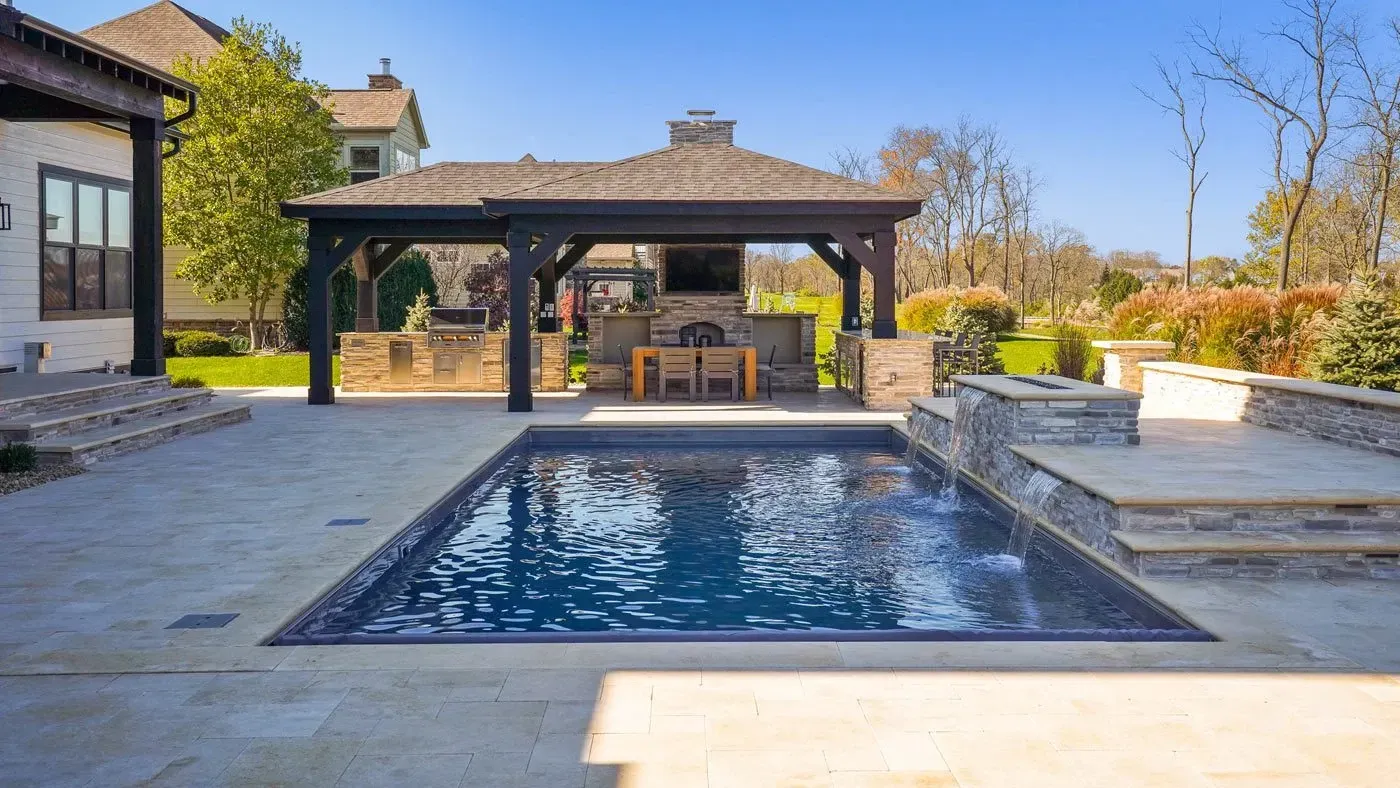
After a chilly Ohio winter, you’ll probably be ready to open up your pool for the summer. After your pool has been out of use all winter, though, the process of getting it ready for use again can be pretty complicated.
First, you’ll need to carefully inspect your pool to make sure that there is no damage from the previous summer or winter weather. Catching any problems with your pool now and addressing them will allow you to enjoy your pool all summer long.
Additionally, you’ll need to add the right chemicals to your pool so that the water will be safe and sanitary to swim in. This part can be pretty challenging since you’ll have to add the perfect balance of chemicals based on your pool size, the condition of the water that’s in your pool, and more.
For this, you may want to hire a Ohio swimming pool contractor. Your swimming pool contractor will be able to fix any problems with your pool and will work to create the perfect balance of chemicals. This will allow you to start using your swimming pool a lot more quickly and can help you prevent pool-related problems this summer.
Handling Basic Cleaning and Maintenance
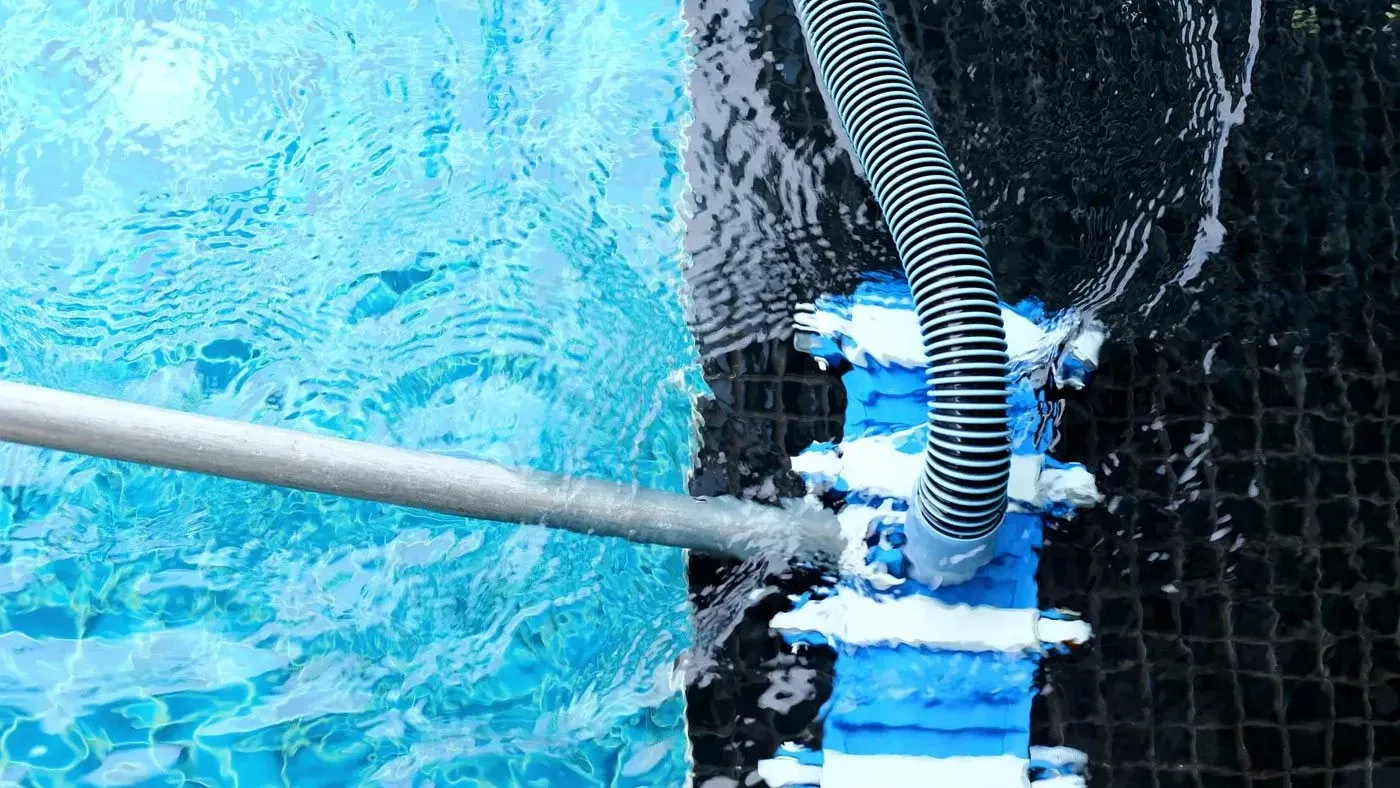
Many pool owners opt for professional pool cleaning and maintenance services to keep their swimming pools clean and ready for use. You should consider using a weekly pool service to keep the chemicals in your pool properly balanced and to keep your pool sparkling and clean.
However, this is one task that you might be able to keep up with yourself if you have the time and inclination. Using test strips to check the balance of chemicals in your pool will help you know when to add more chlorine or other chemicals. Your pump should do a lot of the work to keep your pool clean, but you may need to use a pool vacuum and a skimmer regularly to get rid of dirt, debris, and algae. Also, if at any point you find that your water is getting murky or your chemicals are off, it’s wise to call in a pro promptly to avoid larger problems.
Dealing With Leaks
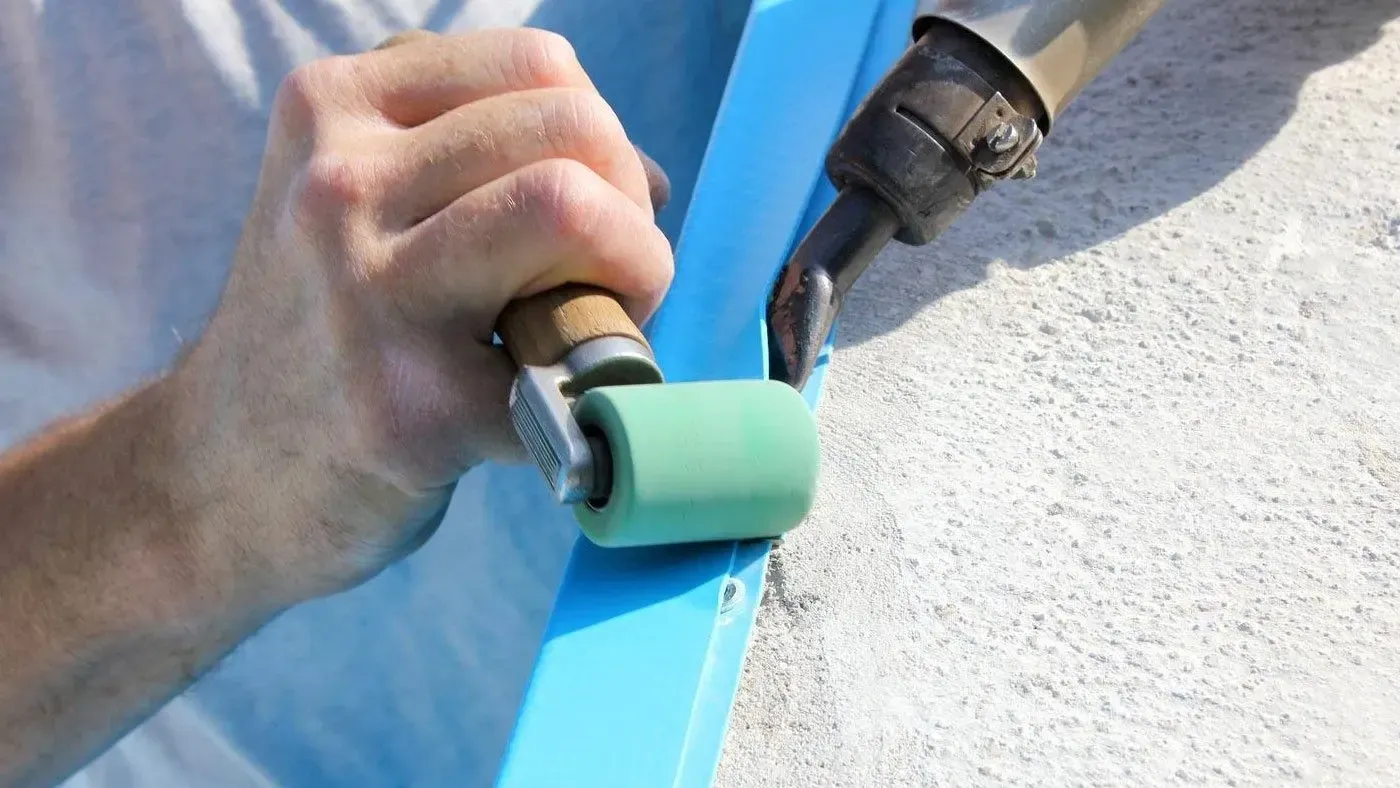
If your swimming pool has a leak, it’s important to address the problem right away. If the problem isn’t addressed, then the leak may just get worse. In the meantime, water will be wasted and your yard could even become flooded.
There are patch kits for vinyl pool liners and other DIY solutions that you can try. These shouldn’t be used for more than just a temporary fix, though. When it comes to repairing pool leaks, you’re better off hiring a professional for the job so that you can make sure that it’s done right.
Installing a New Pool Pump
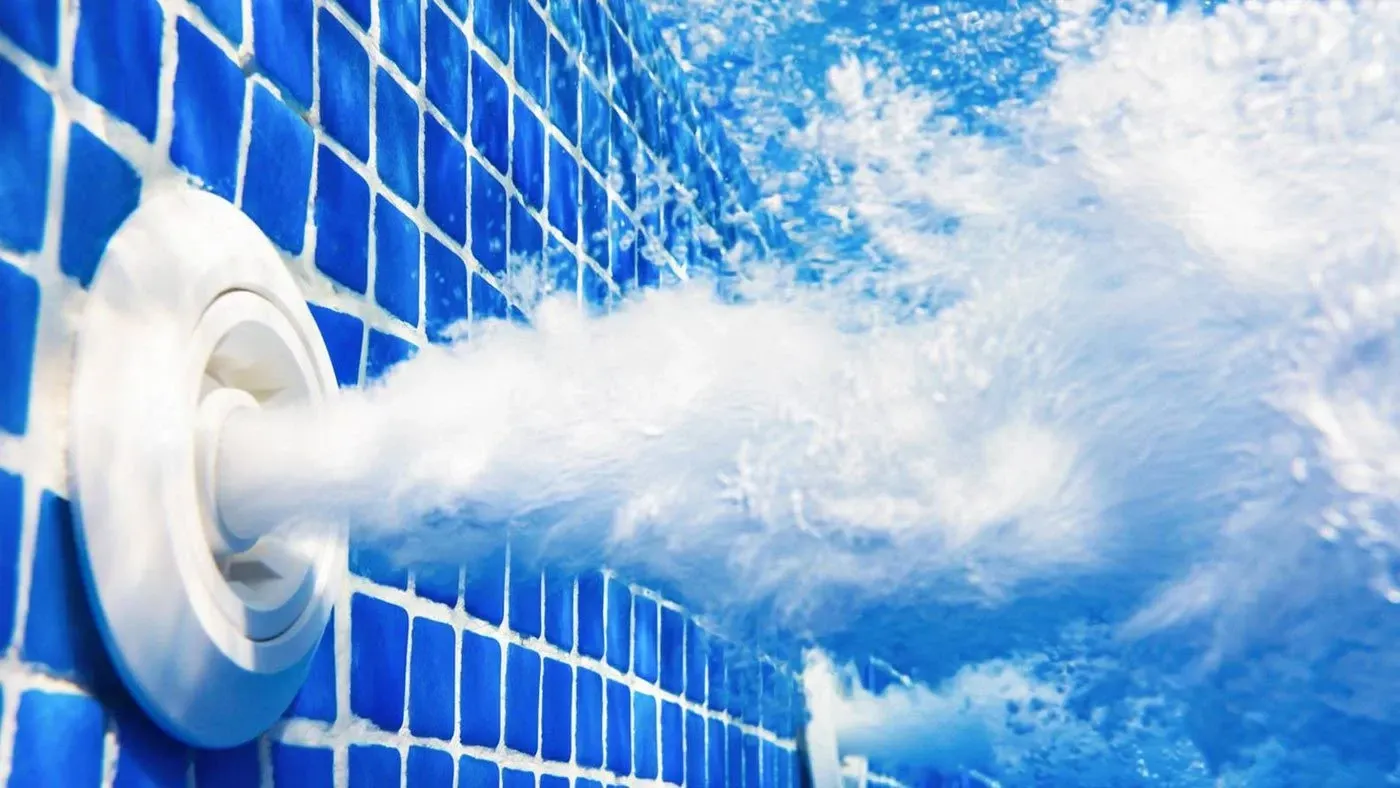
Having a properly functioning pool pump is essential. If you’re having problems with your pool pump, you’ll probably want to hire a swimming pool contractor. Then, for one thing, the contractor can let you know if your pump can potentially be repaired, which can save you a lot of money.
If not, he or she can help you choose the right pool pump for your swimming pool. You can also get help with installing the pool pump. Since it’s such an important component of your swimming pool system, it’s essential to make sure that it’s installed right.
As a pool owner, there are some maintenance tasks that you can do on your own. Overall, though, it’s key to work with a swimming pool contractor for help with most matters. Not only will this help you make sure that your pool is installed and maintained properly, but it can save you a lot of time and hard work, too. Then, you can focus on enjoying your swimming pool instead of just taking care of it. For more information about installing a new pool or taking care of your existing pool, contact Omni Pools & Scapes today.
OMNI LEARNING CENTER
RECENT POSTS
